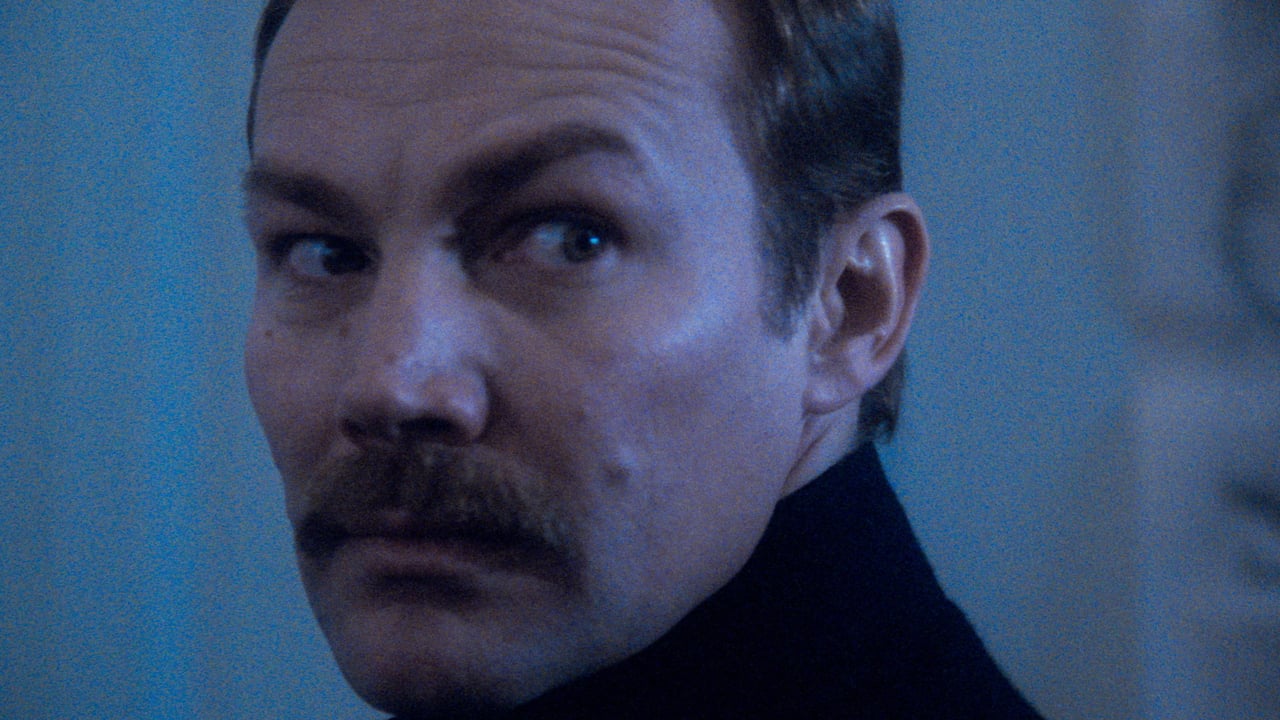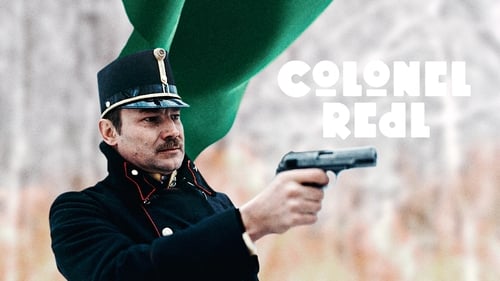


I really wanted to like this movie. I feel terribly cynical trashing it, and that's why I'm giving it a middling 5. Actually, I'm giving it a 5 because there were some superb performances.
... View MoreI think this is a new genre that they're all sort of working their way through it and haven't got all the kinks worked out yet but it's a genre that works for me.
... View MoreGreat story, amazing characters, superb action, enthralling cinematography. Yes, this is something I am glad I spent money on.
... View MoreIt's easily one of the freshest, sharpest and most enjoyable films of this year.
... View MoreUnlike most people who know both films (there aren't many!), I've always preferred this 1985 film to Klaus Maria Brandauer's - and director István Szabó's Oscar winning 'Mephisto', from 1981.'Mephisto' won an Oscar, for Foreign language film and as such, István Szabó remains Hungary's only ever Academy Award recipient. The two films have similarities, with Brandauer giving superbly nuanced yet powerful performances and both as high ranking Military Officers, German in Mephisto and Austro-Hungarian in this.Colonel Redl is a made up character that is drawn from historical records and the story that ensues is based on John Osborne's play 'A Patriot for Me' and we follow Redl as boy, all the way through to his high-ranking officer just before the onset of the Great War. It's a compelling study of the decaying Empire that so dominated turn-of-the- century Europe and the bubbling resentments and labelling of ethnic groups within that start to make us feel us uncomfortable as the recognisable Monster that was to become becomes apparent.It is Brandauer's calm and chilly persona that is both compelling and slightly disturbing. In Mephisto, in comparison, he is far more dramatic, even over-the-top, though the critics might say otherwise. As Redl coolly bulldozes his way through the ranks, craftily getting on the right side of everyone he needs to, his feelings toward a younger officer let slip and after the affair, his decimation from power is calculatingly abrupt and shocking, revealing a paranoid State.There is excellent support from Armin Mueller-Stahl, recognisable from many English speaking films, usually as a German SS officer, as the doomed but supremely powerful and influential Archduke Franz Ferdinand.The period detail is perfect as is the cinematography, looking radiantly splendid in the great halls and ballrooms, beautifully evocative in the snowy wastelands and suitably grim in the film's darker moments.As I said, Colonel Redl certainly deserves to be as known as Mephisto - and of course, both far more than just specialist films for Art House lovers, that they seem to be casually categorised as.My DVD was a Korean release that, once the subtitles were changed to English (from the default Korean) played like just like a 'normal' one.
... View More"Colonel Redl" is based on a famous scandal that took place in the last years of the Austro-Hungarian empire, and its greatest strength is in how it evokes the masculine militarism of the era. It follows the life of Alfred Redl (Klaus Maria Brandauer), who rose from humble origins to become a spymaster for Crown Prince Franz Ferdinand, but struggled to repress his homosexuality and eventually betrayed his country.The movie makes Redl less treasonous than he seems to have been in reality, and Brandauer's performance keeps him sympathetic, too. We see how Redl's extreme loyalty to the army destroys his humanity and fills him with self-loathing; thus, when he finally stops lying to himself, it comes as a relief (even though this now means that he is lying to everybody else)."Colonel Redl" is probably too long (2 hours 20 minutes) for the story it wants to tell, and yet it still sometimes glosses over its characters' motivations. For instance, Redl claims he has no interest in marrying, then the very next scene depicts his wedding; and his wife never gets sufficiently characterized. Sometimes the scene transitions are subtly clever; other times they are abrupt and choppy."Colonel Redl" is thus neither accurate history nor fully engaging drama, but it is a good portrait of the declining Austro-Hungarian empire. It shows many of the factors that led to World War I: pervasive ethnic tensions, the belief that war was necessary and proper, and a military command more concerned with preserving archaic ideals than with investigating actual, pressing threats. In the end, they paid for this, when discontented Serbians assassinated Franz Ferdinand and started World War I--the war that caused the world of "Colonel Redl" to disappear for good.
... View MoreDoes Brandauer overact as one commenter has charged? At some parts of this brilliant, enigmatic film it could be argued that he does. But some histrionics might be expected from a man alone in a room who has been ordered to shoot himself and be quick about it.This is as much a political movie as a biographical one. It takes many liberties with the historical record. The generally accepted version is that Alfred Redl was being blackmailed by the Russian secret service which had learned of his homosexuality. There are NO Russians in this movie. That Redl was homosexual is only obliquely stated until the final thirty minutes. Indeed, before that he has relations with several women: a Vienna prostitute who acts the Happy Hooker indeed and the (married) sister of a fellow officer.In this film the poor performance of the Austrian armies in World War I is explained by an officer corps more concerned with drinking, card playing and skirt chasing than with military matters. Redl's handing over to his Russian controllers the troop dispositions for the Austrian armies is generally believed to be the cause of the losses during the opening stage of the War. The doomed Archduke Franz Ferdinand's only fault supposedly was that he lacked charm. Here the veteran German actor Mueller-Stahl portrays the **Thronfolger** as a political schemer, a shabby little man (he always appears unshaven) trying to hold the Monarchy together through trumped-up conspiracies and the playing off of one nationality against another.What this picture does best is portray the hollow grandeur of Habsburg Austria during its final years. The sets are magnificent. In one telling scene early in the picture, the boy Alfred, invited to an aristocratic home, spills some coffee and **four** servants come to clean up the spill.One minor quibble: this German-language movie is set in the Austrian Empire, much of it in Vienna the capital, yet no one sounds Austrian. The accent is very different from High German (Americans may compare Kissinger and Schwartzenegger). It would be like "Gone With the Wind" with all the Southerners speaking a kind of Oxford English.
... View MoreThe film has an interesting (real) story to tell about the Austrian ruling class in the final days of the Austro-Hungarian empire, just before World War I. It does that by the focussing on the fortunes and misfortunes of its central character, Oberst Redl, a career-officer from comparatively humble origins.The story is interesting, the performances are good, but this is still not a great film. Why? I often felt I was watching an adaptation of a stage play, e.g. the movie moves along at a very slow pace and is equally slow into getting us into the lead character. Moreover, I felt distracted by sets and costumes. Austrian uniforms from that period were very glamorous and so it is quite appropriate to use them, but the viewer is constantly subjected to all this glamour, distracting his or her attention from what the film really wants to say.
... View More